Kenya: Quality Seed A Basis for Sustainable Agriculture
The first international Seed Quality Conference was organized by Kenya Plant Health Inspectorate Service (KEPHIS) recently in Nairobi. The conference dubbed “Seed quality assurance and technological advances for climate adaptation towards sustainable food and nutritional security” attracted 370 participants from 22 different countries and various sectors involved in seed regulation, research, breeding, seed trade, policy, seed systems development, and academia.
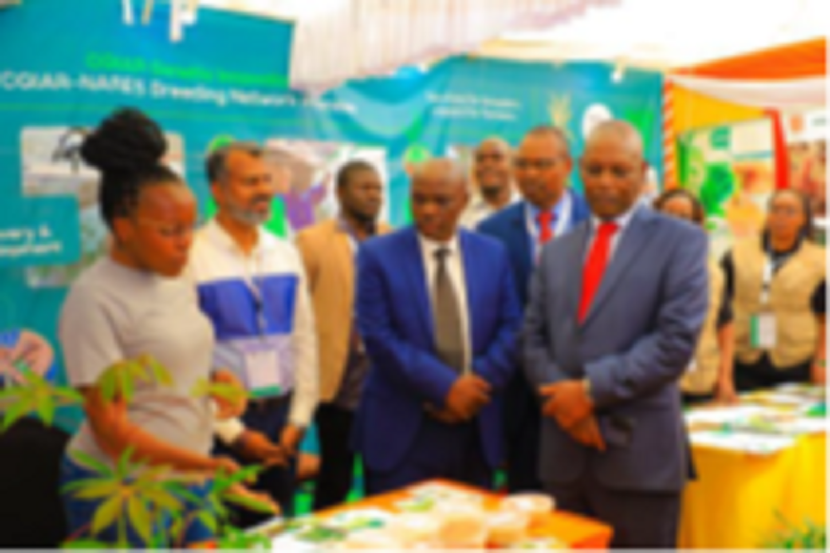
KEPHIS is mandated to provide quality assurance in seed production in Kenya and imported seeds, in addition to other regulatory mandates in agriculture. Seed is one the most important inputs that contributes to high yield in any crop production system. In this regard KEPHIS created a platform for dissemination and sharing of information relating to seed matters in the country and beyond during the Seed Quality Conference. The Netherlands participated in this conference in the mutual understanding that international cooperation, partnership, and knowledge sharing are essential for the development of sustainable seed sector. The goal of the conference was to share achievements as well as challenges, practical approaches, and new technologies on seed quality assurance at national, regional, and international levels.
The occasion was officiated by the Cabinet Secretary, Ministry of Agriculture and Livestock Development (MoALD) Hon. Dr. Andrew Karanja.
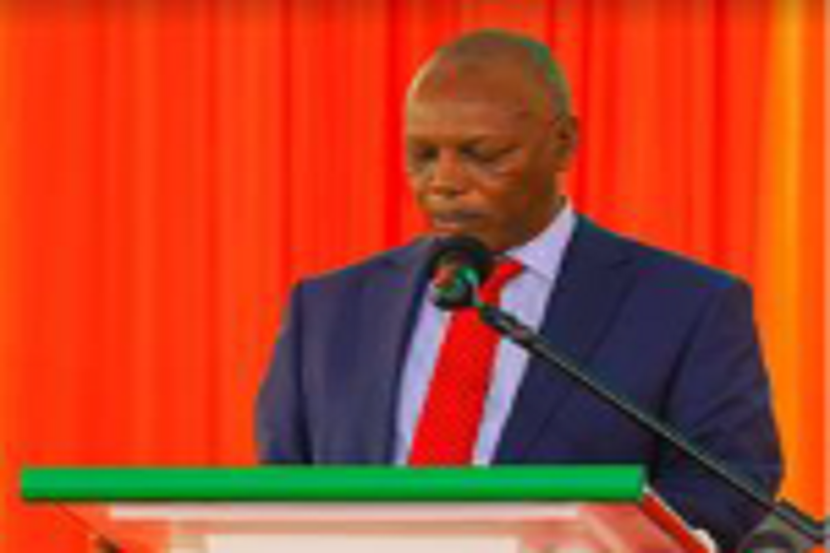
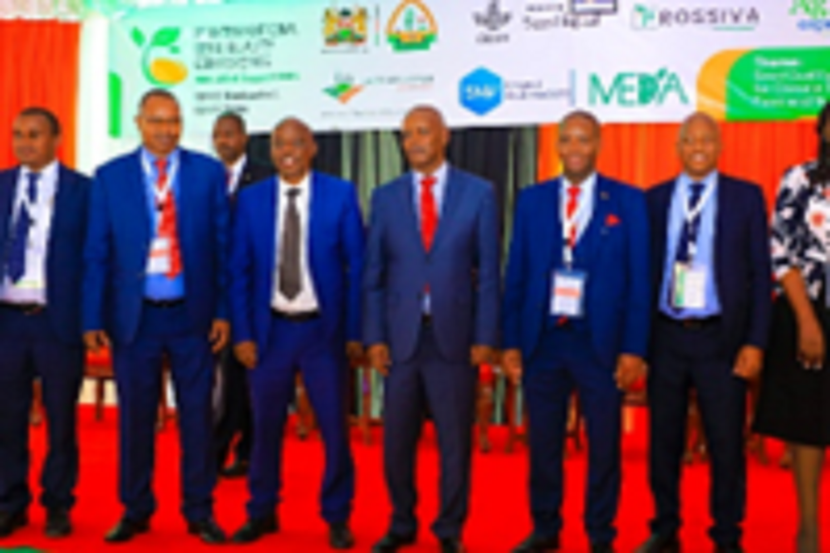
During the conference, 79 scientific papers were presented including a Policy Brief, titled: Enhancing Farmers' Access to Improved Forage Seed in Kenya - Livestock Knowledge Platform . Efforts to enhance availability and use of improved forage seeds and planting material includes reviewing the regulatory framework for forage variety release and listing. The policy brief was developed through collaboration by key stakeholders, i.e. KEPHIS, KALRO, CIAT, ILRI, KIT and SNV. It is complemented by a Working Paper that spells out major bottlenecks for forage seed certification and variety release and gives practical recommendations for policy change and operational advancements in the forage seed regulatory framework.
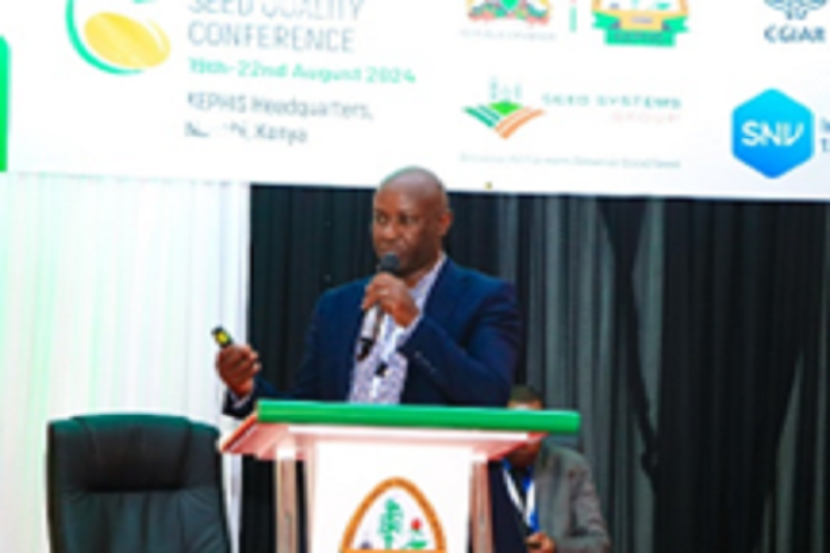
There were also keynote speeches from renown scientists in the various fields of expertise from various institutions. Discussions revolved around the sub themes of the conference namely: Technological advancements and innovations in seed production and quality assurance for climate adaptation and resilience.
- Plant health and biosecurity in seed quality assurance.
- Plant variety protection, evaluation and release for climate resilience and sustainable agricultural Production; approaches to seed quality assurance for vegetatively propagating seeds; Regional/international harmonization of standards and cross border trade in seeds.
- Policy and regulatory environment in seed industry and cross-cutting issues in seed systems.
A cross section of participants of the seed conference
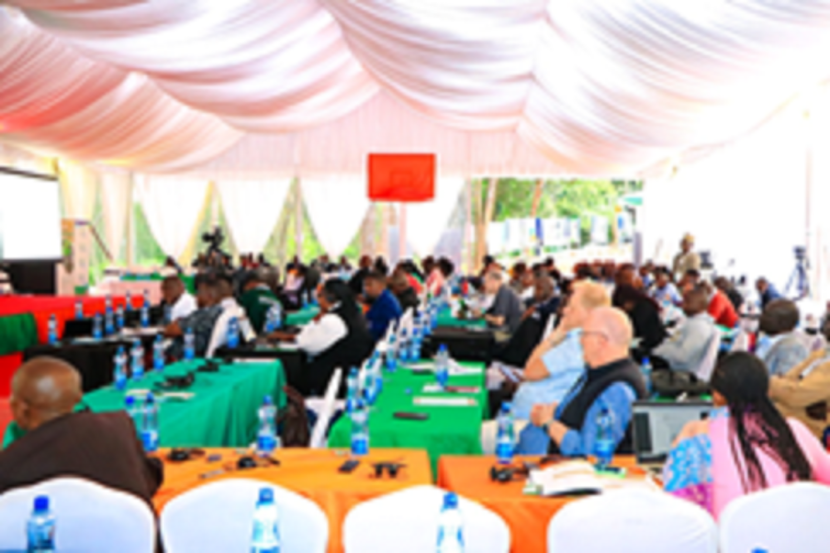
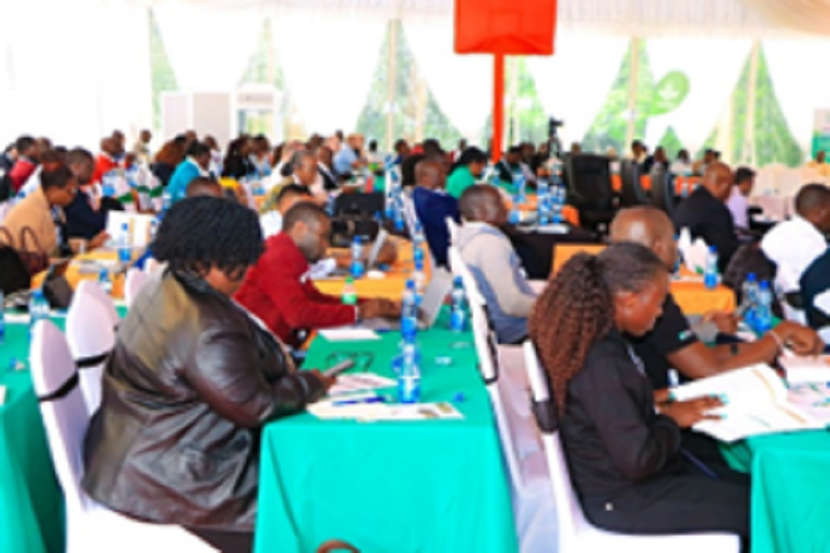
Participants including companies like Potato Services Africa (PSA), had the opportunity to share best practices in the production and post-harvest. The importance of quality seed for enhanced productivity and sustainable production was emphasized. One of the observations was that seed potatoes were inadequate due to challenges associated with their postharvest handling. Procedures for handling seed potato tubers were highlighted. Seed tubers which have undergone inspection and received KEPHIS approval are processed and packaged for sale as certified seed. For PSA their main varieties are Markies, Arizona, and Manitou. PSA represented by Mr. Luckhurst explained the procedures spanning from determination of the right harvesting stage for the seed tubers to the packaging and sealing of the certified seed.
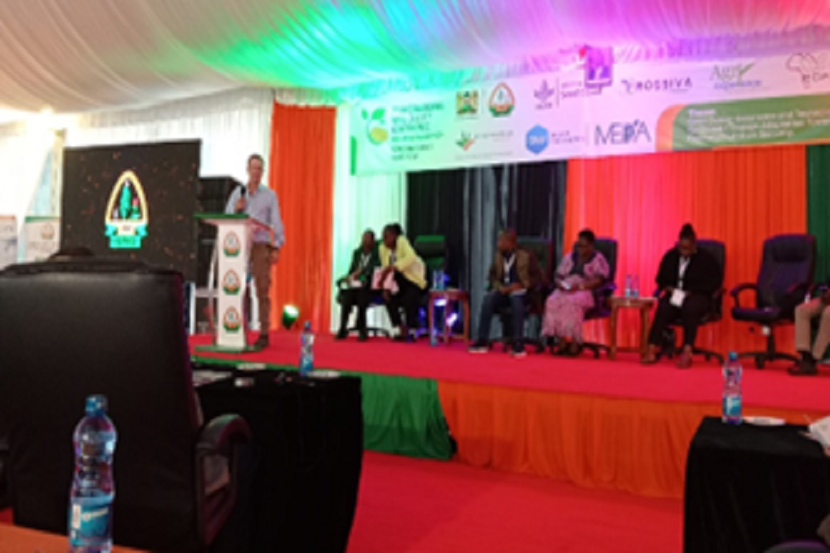
Finally, three field excursions were conducted: one in a private seed testing laboratory in Nairobi, seed propagation site in Thika and Maize Lethal Necrosis (MLN) testing site in Naivasha. All these were well coordinated by the organizers and the participants gave positive feedback during the evaluation of the conference.
Left: Group photo for the plant breeders side event
Right: Group photo of phytosanitary side event
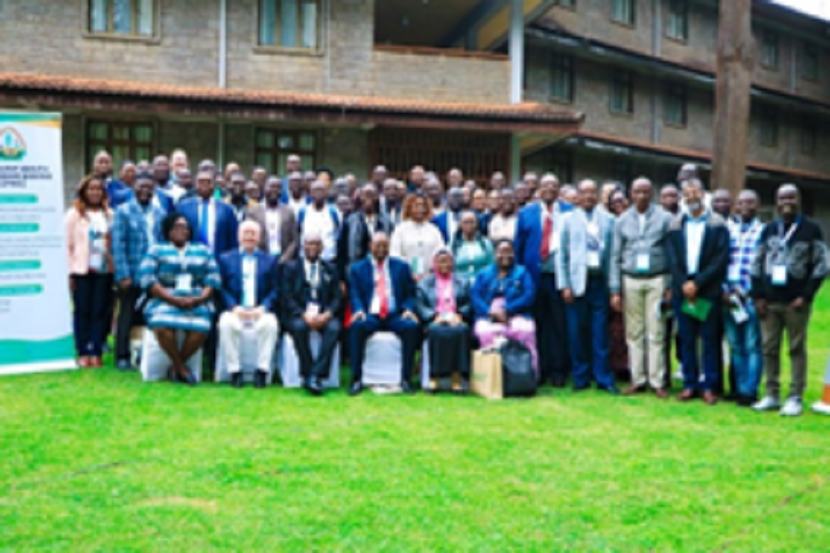
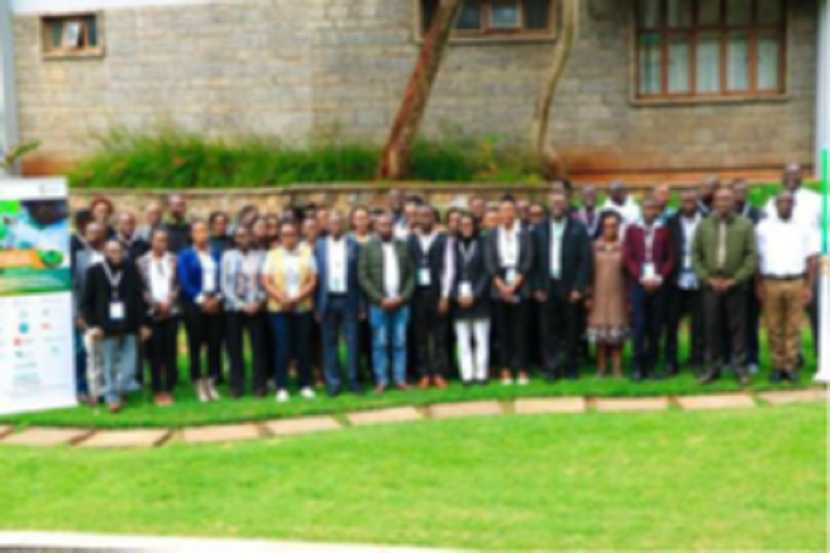
Want to know more?
For more details on the conference proceedings, contact KEPHIS on email: director@kephis.org.
For more information this subject or in case of questions for the Agricultural Counsellor, feel free to contact us via NAI-LVVN@minbuza.nl.
For the latest updates follow us on LinkedIn, Twitter (X) and/or register for our newsletter by sending an email to NAI-LVVN@minbuza.nl